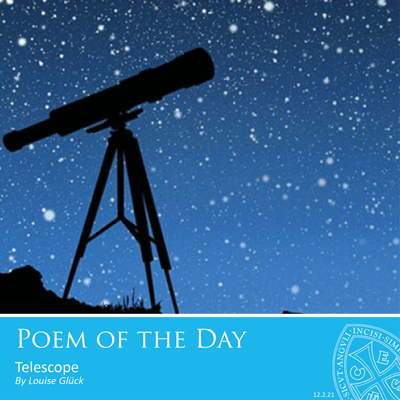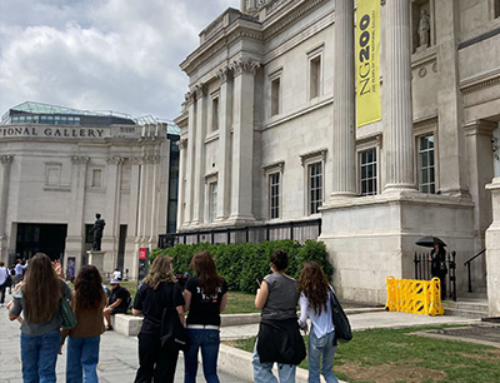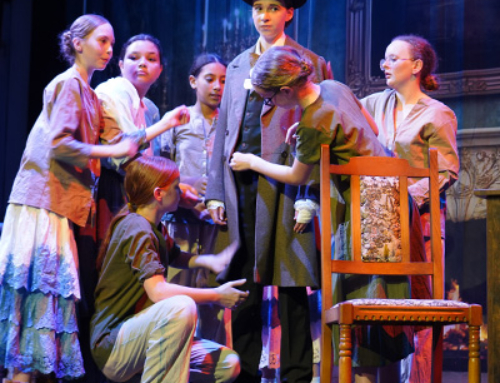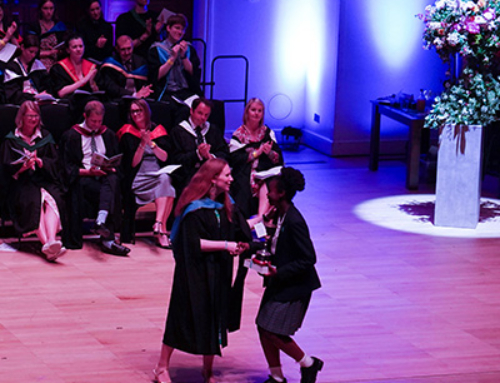Today’s poem is brought to us by Grace S (LVI)
Louise Glück is considered to be one of America’s most talented contemporary poets, with the poet Robert Hass hailing her as “one of the purest and most accomplished lyric poets now writing”, and judges of the 2020 Nobel Prize in Literature praising “her unmistakable poetic voice that with austere beauty makes individual existence universal” – high praise indeed. Glück is the most recent recipient of the Nobel Prize in Literature, whilst also receiving a number of other notable accolades, such as being named the Poet Laureate of the United States from 2003 to 2004, as well as winning the Pulitzer Prize for Poetry in 1993 for her collection The Wild Iris. Glück’s work is known for its emotional intensity and technical precision as well as her sensitivity and insight into topics such as loneliness, disappointment, family relationships and loss. At the same time, readers and critics have marvelled at the dreamlike quality of Glück’s poetry.
In ‘Telescope’, the speaker describes the experience of undergoing a realisation about the insignificance of oneself in comparison to ‘the silence of the night sky’ and the ‘immensity’ of life beyond our small Earth. I’m sure this is a feeling that many of us have experienced before, whether provoked by looking up at the night sky or otherwise, and Glück emphasises this universality through her direct address to the reader: ‘You’ve stopped being here’; ‘You’re in a different place’. You may notice that Glück uses free verse (i.e. no specific meter or strict rhyme scheme), with the poem almost reading like prose – but why should contemplating the incomprehensible beyond be restricted by such limitations as rhyming couplets or iambic pentameter?
Although Glück begins the poem with talking of such grand things as the ‘night sky’ and the ‘stars’, Glück narrows her perspective in stanza three: ‘you’re in the world again. / At night, on a cold hill’, and we (and the speaker) are abruptly brought back to earth again. Glück then, perhaps most importantly, notes that it is ‘not that the image is false / but the relation is false’ and, ultimately, despite this image of the night sky being brought so close through her telescope, ‘how far away each thing is / from every other thing’. Glück suggests that although people, the stars and the universe all co-exist, they are discrete; we all have our own ‘being’ and it is that that is the wonder of things.
So, perhaps take some comfort in the fact that you are surrounded by the night sky, the stars and the universe: elements larger and, dare I say, more significant than you. Whenever temporal matters (be that a deadline for an essay or a fight with a friend) threaten to get the better of you, get out your telescope à la Glück and take a moment to ‘exist as the stars exist’: it may just do you some good.
Telescope
by Louise Glück
There is a moment after you move your eye away
when you forget where you are
because you’ve been living, it seems,
somewhere else, in the silence of the night sky.
You’ve stopped being here in the world.
You’re in a different place,
a place where human life has no meaning.
You’re not a creature in a body.
You exist as the stars exist,
participating in their stillness, their immensity.
Then you’re in the world again.
At night, on a cold hill,
taking the telescope apart.
You realize afterward
not that the image is false
but the relation is false.
You see again how far away
each thing is from every other thing.














